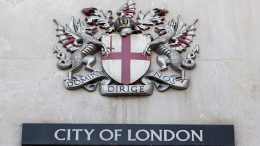Something Is Rotten In The City
Manuel Moreno Capa | As soon as Boris Johnson swept to victory in the UK general election of last December 12, he made two decisions that have not been welcomed by the City of London: the first, to reduce the transitional period of Brexit to one year (how naive he is if he thinks his tough stance will soften the positions already taken by Brussels); the second, to appoint a new Governor of the Bank of England not much liked by the markets.






